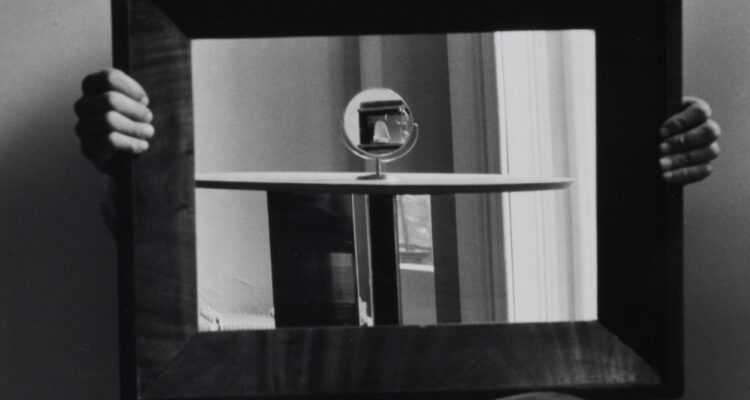405 Rose Street
Lexington, KY 40506
(859) 257-1707
Website:finearts.uky.edu/art-museum Facebook: /ukartmuseum Instagram: @ukartmuseum
Hours: Tuesday- Friday 10am-5pm Saturday Noon-5pm
Self and Others: Japanese Photography after 1968
Dates: August 19 – December 20, 2025
Events: Curator Lecture with Mia Fineman of The Met September 26, 4-5pm
Virtual Talk on Japanese Photography (click for Zoom link) November 20, 12-1pm
The first issue of Provoke magazine, published in Tokyo in November 1968, declared that “we as photographers must capture with our own eyes the fragments of reality that can no longer be grasped through existing language.” With this manifesto, Provoke captured the energy of a time in which established conventions were discarded, and a new generation experimented with fresh outlooks and new technologies that shattered assumptions of what a photograph could be. Photobooks became the primary vehicle for transmitting radical approaches to visuality, and photographers transformed the fields of design, sculpture, installation, and film. This exhibition focuses on three innovations developed in Japan in the 1970s—are-bure-boke, kompora, and I-photography. These intertwined concepts profoundly impacted late-twentieth-century Japanese culture as well as global contemporary art.
In a Social Landscape: Photography in the United States after 1966
Dates: September 9, 2025 – February 7, 2026
The George Eastman House of Photography in Rochester, NY hosted a pivotal exhibition of contemporary photography curated by Nathan Lyons in 1966 called Toward a Social Landscape. The slim catalog published to accompany this exhibition was shared amongst photographers who were especially encouraged by Duane Michals’s observation that “when a great photographer does infuse the snapshot with his personality and vision, it can be transformed into something truly moving and beautiful.” These photographers used their cameras to explore intuitive psychological connections between people, places, and things around them. Their photographs are not merely records of scenes that they observed, rather they are charged emotional moments formed in the relationship between the person behind and the world in front of the camera.

